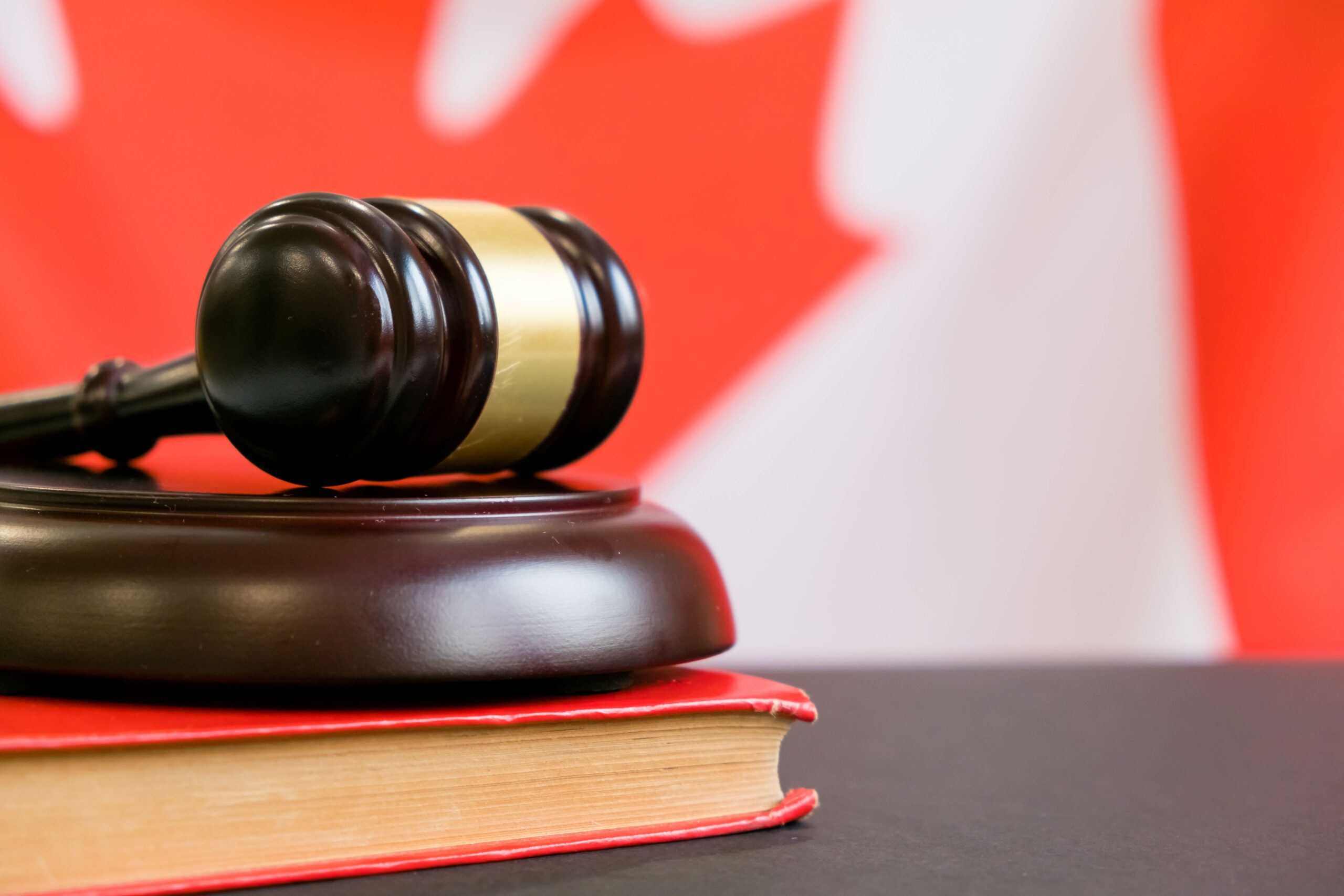PSYCHIATRIC VIEWS ON THE DAILY NEWS
When we get to Canada, I generally follow Canadian news on TV or newspapers, or hear from people we know or meet. Our expanded Sunday papers in the United States come on Saturday here, and 2 major and extensive psychiatric reports were covered. Both seemed to focus on what options are—or should be—available to long-suffering psychiatric patients.
One article was titled “Psychosurgery is making a comeback, but these are not the ice-pick through the eye-socket lobotomies of the past,” with the subtitle of “No opening of the cranium, no cutting into the brain, no blood. Today’s precise psychosurgery presents options for patients with treatment-resistant disorders.”1
I had not heard much about these new approaches in the United States. Perhaps there is more attention in Canada because the leucotome, used to scoop out white matter in lobotomies, was invented by the Canadian neurosurgeon Kenneth G. McKenzie. The cutting-edge version today is called “ultrasound capsulotomy,” where focused acoustic waves kill brain tissue. Still in the experimental stage, it seems to have particular promise for difficult-to-treat, severe obsessive compulsive disorder (OCD).
Perhaps such innovative treatments will provide another option to medical aid in dying (MAiD) in Canada and elsewhere, as described in the long Toronto Star article about Claire Elyse Brosseau, who wishes for the right to “die with dignity.”2 Whether to include patients whose sole underlying condition was a mental illness was postponed until March 17, 2027. Pros and cons are being presented on both sides of the argument. This option is already available in some countries under certain conditions, like Belgium, the Netherlands, Luxembourg, and Colombia.
Probably, many of us clinicians have had patients who are suffering immensely from their unremitting mental disorder despite trying multiple appropriate treatment options, as seems to have been the case with Claire Elyse Brosseau. Though generally not terminal, in contrast to the original aid in dying laws, some do end up dying by suicide if they are capable of that.
This is a much more anguishing situation than the intellectual debate we have had in prior columns about aid in dying from medical illnesses when they are not our own patients. If anything would persuade me in one direction, it is the direct ethical responsibility, compassion, and frustration for my patient’s long suffering. Would you support such aid in dying for mental illness or wait for newer treatments?
Dr Moffic is an award-winning psychiatrist who specialized in the cultural and ethical aspects of psychiatry and is now in retirement and retirement as a private pro bono community psychiatrist. A prolific writer and speaker, he has done a weekday column titled “Psychiatric Views on the Daily News” and a weekly video, “Psychiatry & Society,” since the COVID-19 pandemic emerged. He was chosen to receive the 2024 Abraham Halpern Humanitarian Award from the American Association for Social Psychiatry. Previously, he received the Administrative Award in 2016 from the American Psychiatric Association, the one-time designation of being a Hero of Public Psychiatry from the Speaker of the Assembly of the APA in 2002, and the Exemplary Psychiatrist Award from the National Alliance for the Mentally Ill in 1991. He presented the third Rabbi Jeffrey B. Stiffman lecture at Congregation Shaare Emeth in St. Louis on Sunday, May 19, 2024. He is an advocate and activist for mental health issues related to climate instability, physician burnout, and xenophobia. He is now editing the final book in a 4-volume series on religions and psychiatry for Springer: Islamophobia, anti-Semitism, Christianity, and now The Eastern Religions, and Spirituality. He serves on the Editorial Board of Psychiatric Times.
References
1. Psychosurgery is back. But these are not the ice-pick-through-the-eye-socket lobotomies of the past. National Post. July 15, 2025. Accessed July 22, 2025. https://nationalpost.com/feature/psychosurgeries-are-back
2. Martin S. ‘A peaceful death’: after decades of psychiatric treatment, a legal battle for the right to die with dignity. Toronto Star. July 19, 2025. Accessed July 22, 2025. https://www.pressreader.com/canada/toronto-star/20250719/283562341587524?srsltid=AfmBOoqG9TZdeu10JjXh7bwl-RQ_0PfhEImnVEJbyInk5MU4ZC6u3c3g
